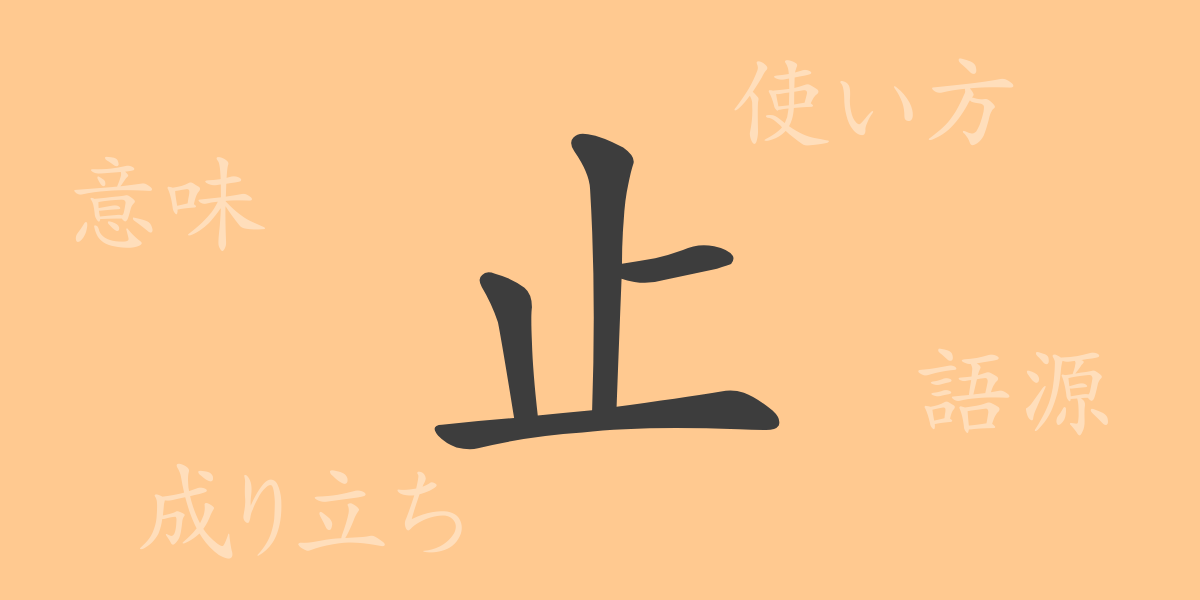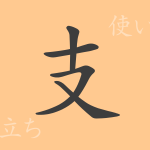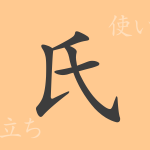The beauty of the Japanese language is greatly expressed through its complex and rich writing system. Among this, common kanji (kanji) characters are frequently used in daily life and form a core element of Japanese culture and language. This time, we focus on the common kanji character “止(とまる),” exploring its origins, idioms, and proverbs, and delving into its charm.
Origins of 止(とまる)
The kanji “止(とまる)” traces its roots back to ancient Chinese oracle bone script. It incorporates an element representing a foot, depicting the action of a foot stopping. This pictorial expression is linked to the concept of halting the flow of time or motion, and it has come to be used in various contexts.
Meanings and Usage of 止(とまる)
The kanji “止(とまる)” means “to stop,” “to cease,” or “to halt,” but it also has broader applications. For instance, it is used in expressions like “止むを得ない(やむをえない)” to describe unavoidable situations. Additionally, it can refer to still water as in “止水(しすい),” showcasing its diverse usage.
Readings, Stroke Count, and Radical of 止(とまる)
The kanji “止(とまる)” is one of the fundamental kanji in Japanese, and its readings and structure are relatively simple.
- Readings: The on’yomi (音読み) is “シ(し),” and the kun’yomi (訓読み) includes “と(まる),” “と(める),” and “や(む).”
- Stroke count: “止(とまる)” consists of 4 strokes.
- Radical: The radical is “止(とまる)” itself, classified under the “止部(しぶ)” category.
Idioms, Phrases, and Proverbs Using 止(とまる) and Their Meanings
Idioms, phrases, and proverbs containing “止(とまる)” play a significant role in the Japanese language. These expressions reflect the meanings of the kanji and provide insight into Japanese thought and culture.
For example, “止むを得ない(やむをえない)” means an unavoidable situation, “止水(しすい)” refers to still water, and “風雨に耐えて止む(ふううにたえてやむ)” means to endure and overcome difficulties. These expressions utilize the core essence of “止(とまる),” which is “stopping” or “standing still.”
Conclusion on 止(とまる)
The meanings embedded in a single kanji character are profound, and their usage brings rich expression to our language. The character “止(とまる),” with its simple yet powerful meaning, is widely used in various idioms and proverbs. Understanding these common kanji is crucial for learning Japanese, allowing one to appreciate the depth of the language.

























